Physicists finally know whether black holes destroy the information contained in infalling matter. The problem is that the answer hasn’t lit the way to a new understanding of space-time.
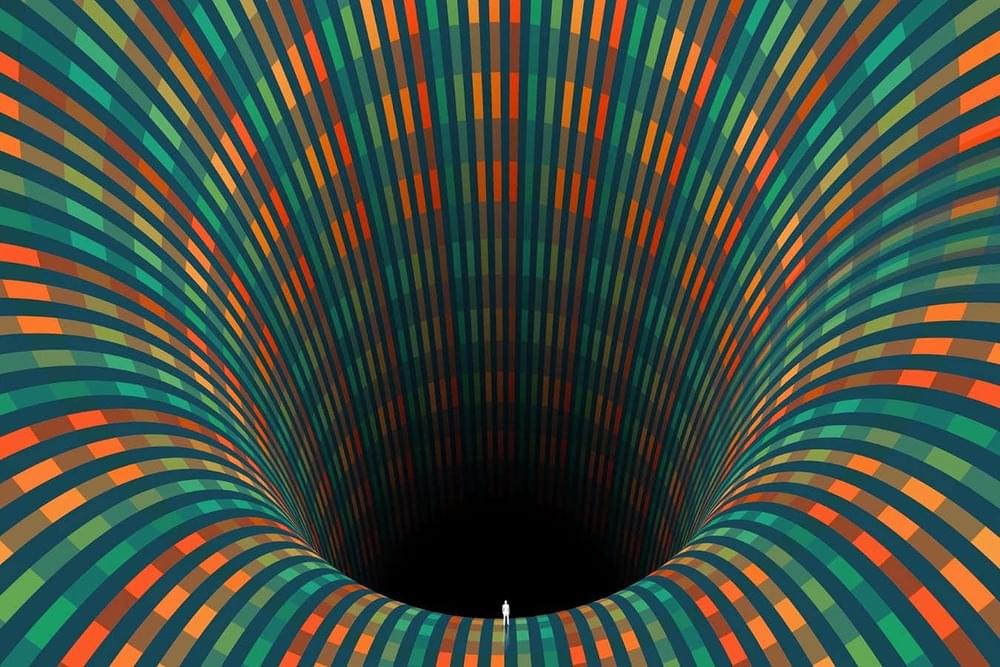

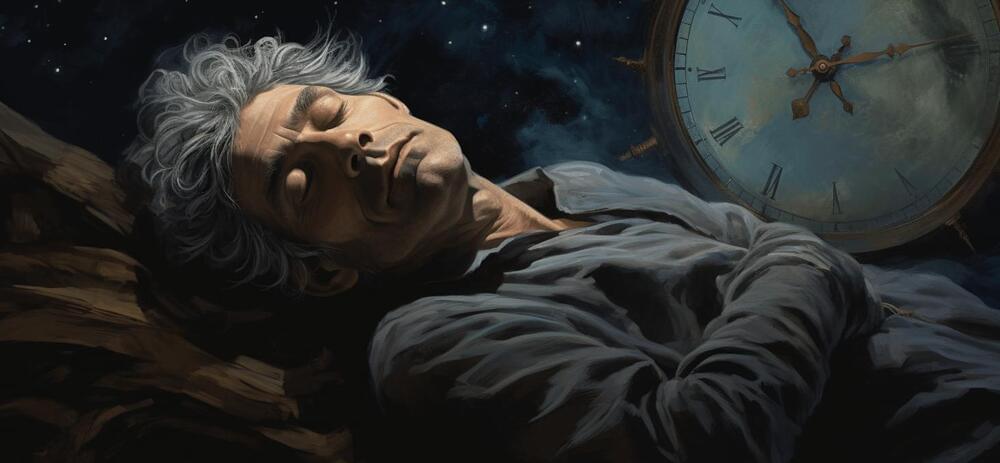
Your consciousness could travel multiverse when you dream, claim scientists https://interestingengineering.com/science/alternate-reality-in-dreams
The universe’s structure spans a vast network 500 times the size of the moon.
According to ESA, “This first piece of the map already contains around 100 million sources: stars in our Milky Way and galaxies beyond. Some 14 million of these galaxies could be used to study the hidden influence of dark matter and dark energy on the Universe.”
Also, “This is just 1% of the map, and yet it is full of a variety of sources that will help scientists discover new ways to describe the Universe,” Valeria Pettorino, Euclid Project Scientist at ESA, added.
Euclid began its operation in February, and the mosaic is a result of 260 observations recorded between the last week of March and the second week of April 2024.
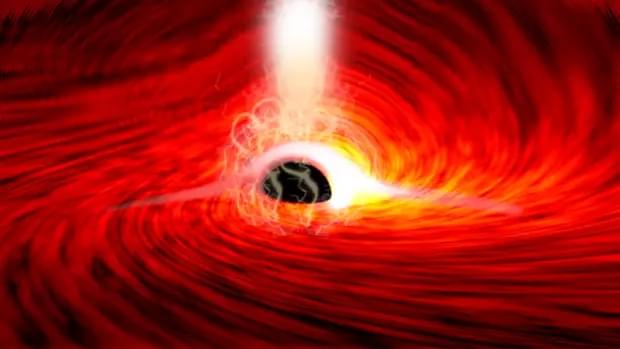
All our science, measured against reality, is primitive and childlike – and yet it is the most precious thing we have. – Albert Einstein (1879−1955)
Astronomers have observed light bending around a black hole, a phenomenon predicted by Einstein’s theory of general relativity. By studying X-rays from a black hole in the Zwicky 1 galaxy, scientists detected unexpected “light echoes” coming from behind the black hole, proving that the black hole’s gravity was curving space-time and allowing light to bend around it.
Although this effect was predicted over a century ago, it’s the first time astronomers have witnessed it. The researchers now aim to investigate how black hole coronas produce intense X-ray flares and continue studying space-time distortion.
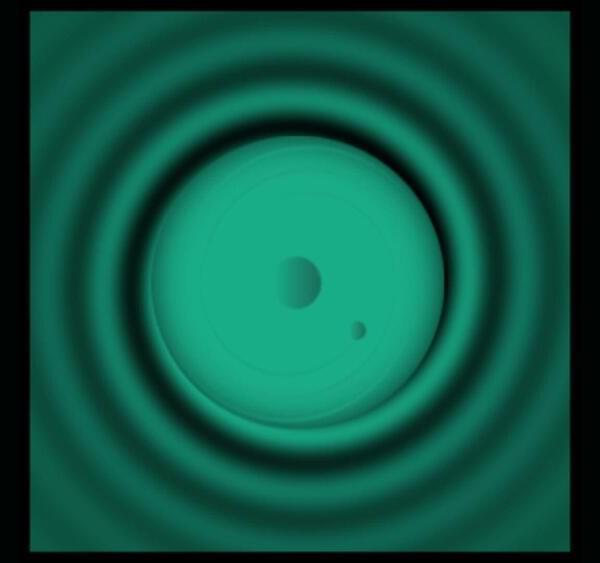

The eROSITA survey detected more than 170 million X-ray photons in just 6 months.
Astronomers have created the largest and most detailed X-ray map of the universe, revealing more than 900,000 deep-space objects. This map was produced using data from the eROSITA All-Sky Survey, an ambitious mission that scanned the sky between December 2019 and June 2020, detecting more than 170 million X-ray photons. These findings, including over 700,000 supermassive black holes, galaxy clusters, and other exotic objects, mark a significant leap forward in X-ray astronomy.
The eROSITA Mission The eROSITA X-ray telescope, managed by the Max Planck Society, aimed to capture a complete X-ray survey of the sky. Over six months, the survey gathered an unprecedented amount of data, identifying nearly 900,000 distinct celestial objects. This figure exceeds the number of sources detected by NASA’s Chandra and the European Space Agency’s XMM-Newton X-ray telescopes over the past 25 years combined.
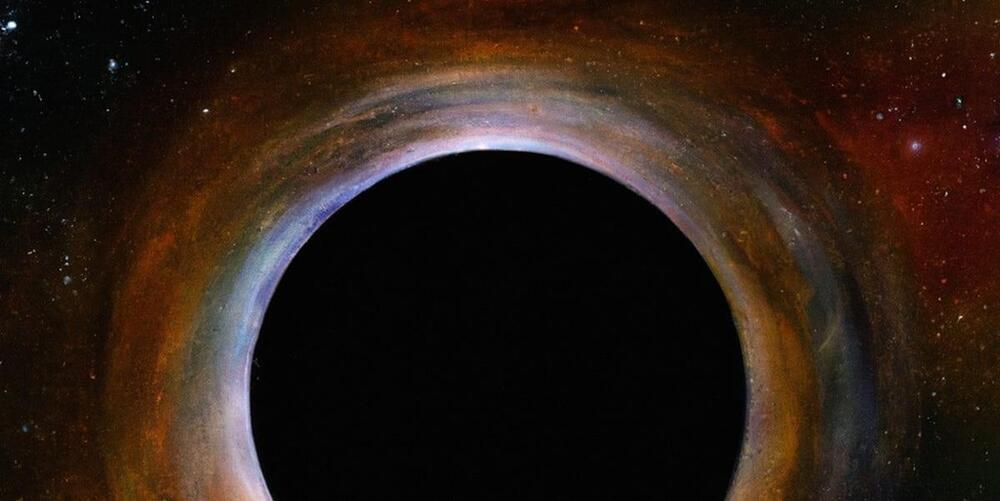
SCATTERED THROUGHOUT THE UNIVERSE are ravenous black holes that pull gas, dust, light and even other black holes into their maw, never to be seen again. Like a riptide pulling swimmers out to sea, the gravity inside a black hole pulls matter past a point of no return, called the event horizon, and condenses it so tightly that physics as we know it begins to break down, creating a “singularity.” It’s this singularity, in particular, that troubles physicists because it throws their most important theories about the universe into question.
That’s why theoretical physicist Nikodem Poplawski, Ph.D., asked a big question back in 2010: what if black holes don’t contain a singularity at all? Instead, Poplawski’s theory suggests, the center of a black hole could contain a pathway into another universe. Weirder yet, his theory predicts that this may be how our own universe was created.
A paper describing this work, titled “Radial motion into an Einstein–Rosen bridge,” was published 14 years ago in the journal Physics Letters B. While the theory captured attention at the time, this topic is still rather niche among physicists. Many researchers have either moved on, or have never heard of the idea to begin with.
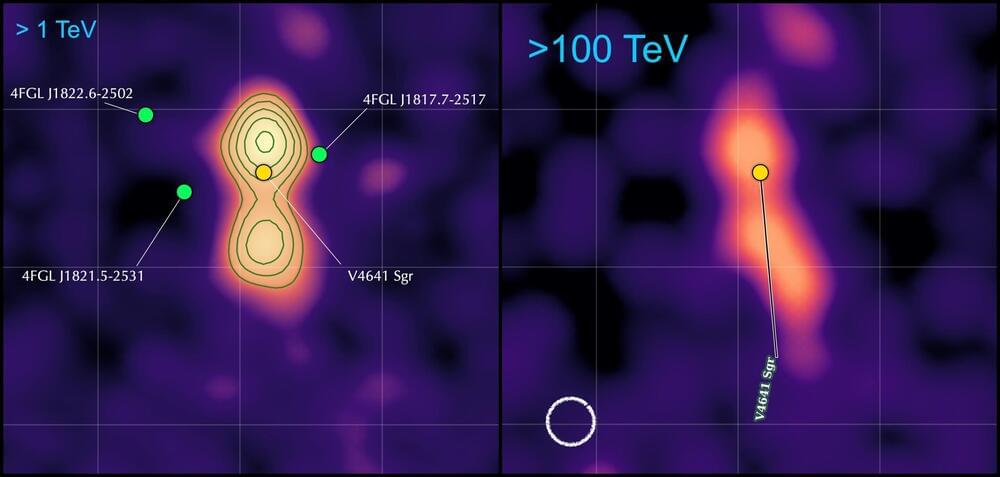
Electromagnetic radiation of extremely high energies is produced not only in the jets launched from active nuclei of distant galaxies, but also in jet-launching objects lying within the Milky Way, called microquasars. This latest finding by scientists from the international High-Altitude Water Cherenkov Gamma-Ray Observatory (HAWC) radically changes the previous understanding of the mechanisms responsible for the formation of ultra-high-energy cosmic radiation and in practice marks a revolution in its further study.
Since the discovery of cosmic radiation by Victor Hess in 1912, astronomers have believed that the celestial bodies responsible in our galaxy for the acceleration of these particles up to the highest energies are the remains of gigantic supernova explosions, called supernova remnants.
However, a different picture comes from the latest data from the HAWC observatory: The sources of radiation of extremely high energies turn out to be microquasars. Astrophysicists from the Institute of Nuclear Physics of the Polish Academy of Sciences (IFJ PAN) in Cracow played a key role in the discovery.
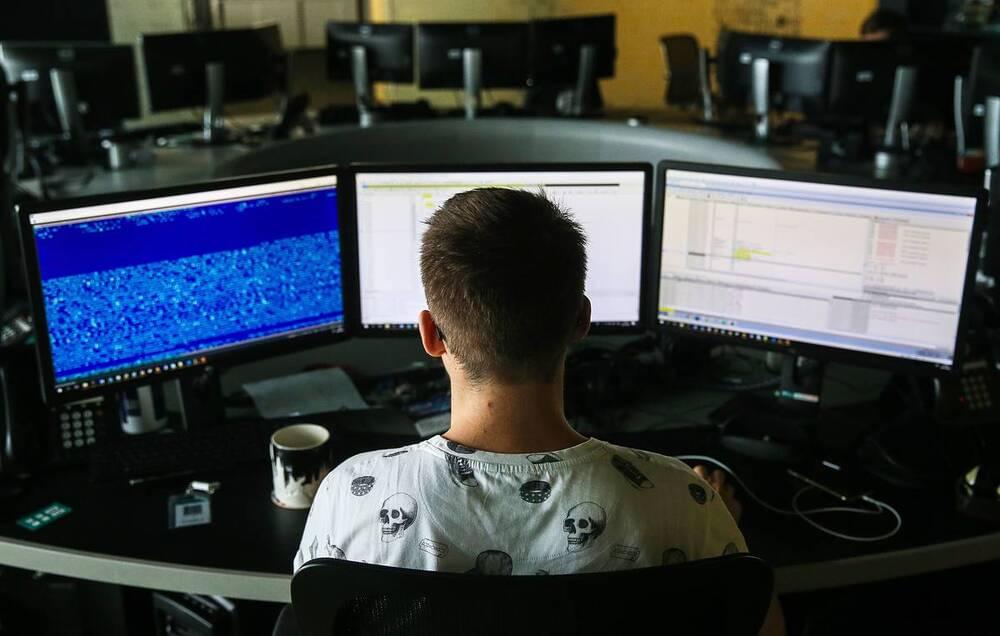
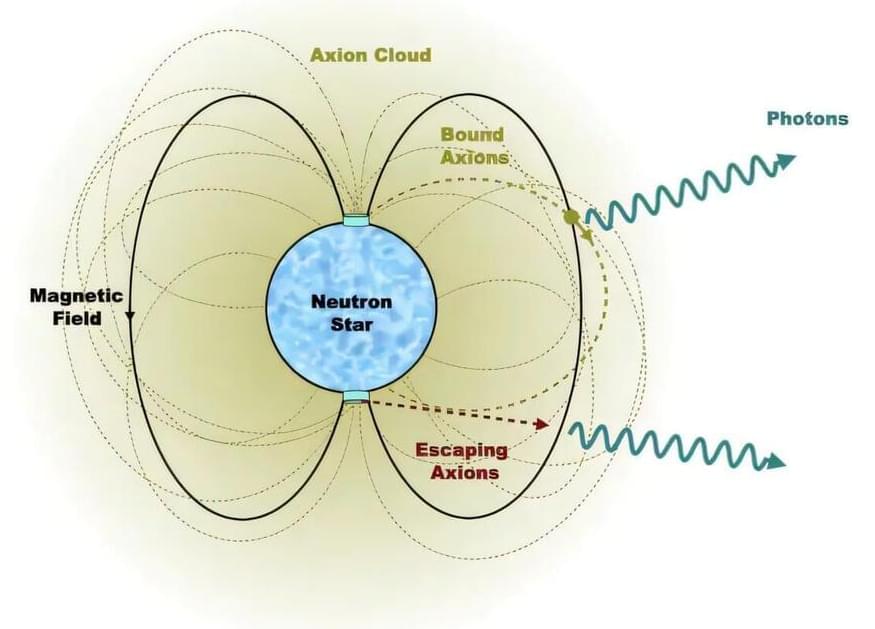
A team of physicists from the universities of Amsterdam, Princeton and Oxford have shown that extremely light particles known as axions may occur in large clouds around neutron stars. These axions could form an explanation for the elusive dark matter that cosmologists search for—and moreover, they might not be too difficult to observe.